This post has been contributed by Susan Strouse, a retired Lutheran minister who is author of The INTRAfaith Conversation and an organizer of an initiative called Hearts Across the Divide: Reclaiming Civil Discourse. She hopes to submit a second post about this initiative in Spring 2020, after the final stage of their program.
Is it possible to have a civil conversation with your political polar opposite? From personal experience I know that it is. I feel so strongly about this that I, along with another organizer, began an initiative called Hearts Across the Divide: Reclaiming Civil Discourse. Our goal is to bring together two groups from the San Francisco Bay Area — one on the political left and one on the right — for training, facilitated dialogue, relationship-building, and hopefully restoration of civil discourse, at least in our little part of the world.
Now you might think that living in one of the bluest parts . . .

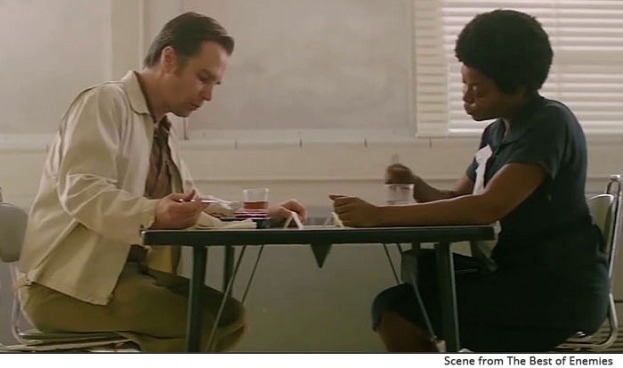 Could You Be Friends with a White Supremacist?
Could You Be Friends with a White Supremacist?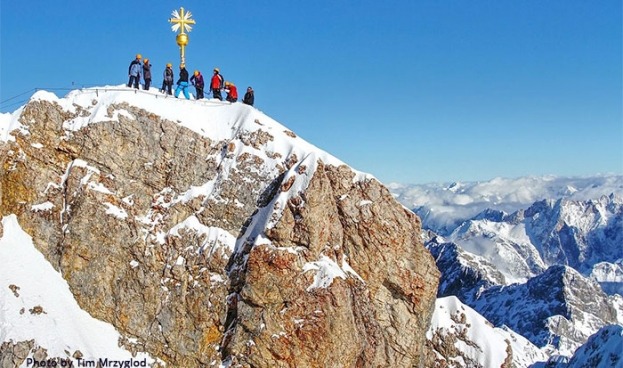 The Sky's the Limit
The Sky's the Limit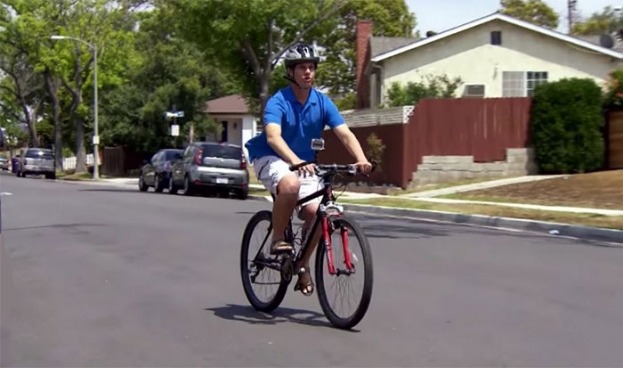 Seeing Beyond Expectations
Seeing Beyond Expectations A Virtual Living Room Conversation
A Virtual Living Room Conversation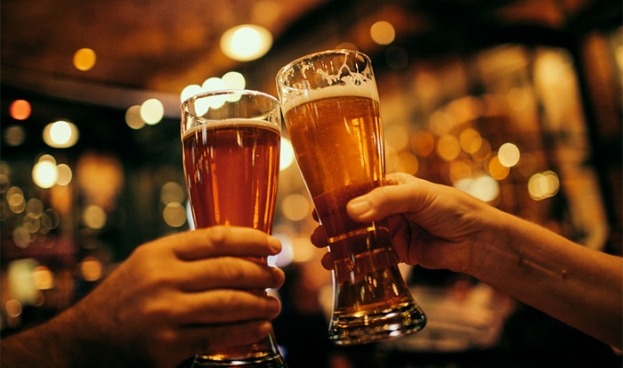 Moments of Democracy
Moments of Democracy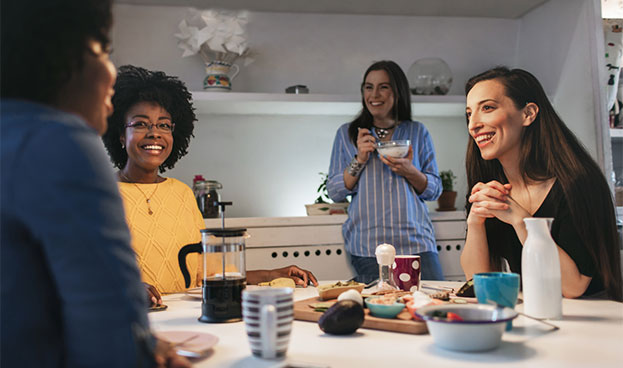 Practices for College Student Life
Practices for College Student Life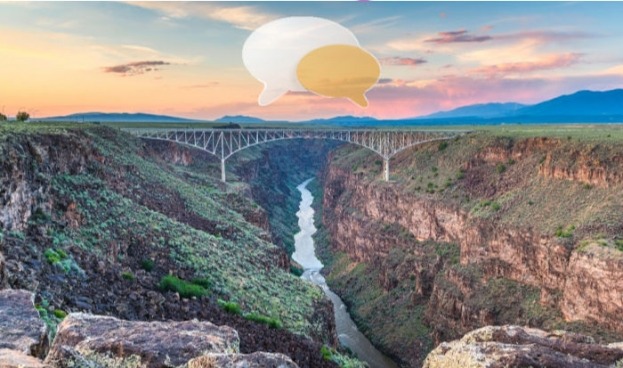 Hearts Across the Divide
Hearts Across the Divide Next Door Democracy
Next Door Democracy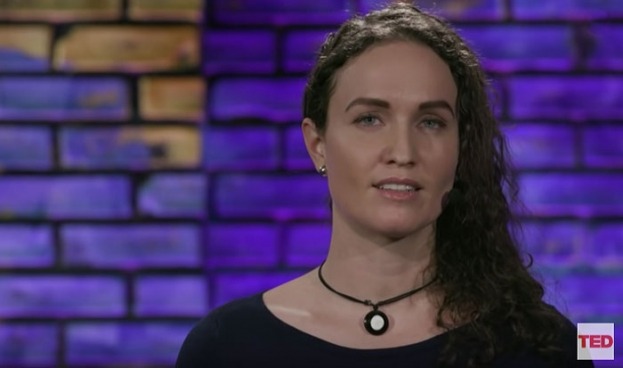 Disarmed by Social Media
Disarmed by Social Media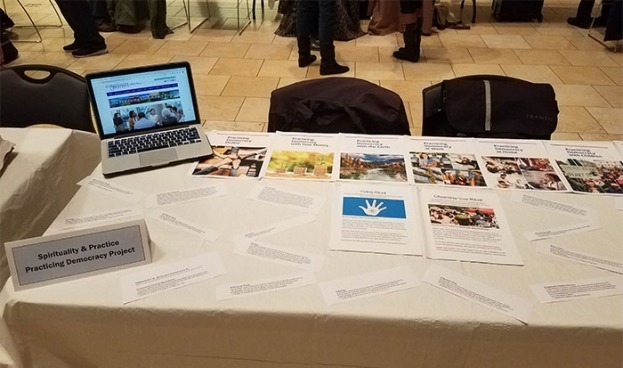 Democracy, Judaism, and Comedy!
Democracy, Judaism, and Comedy!